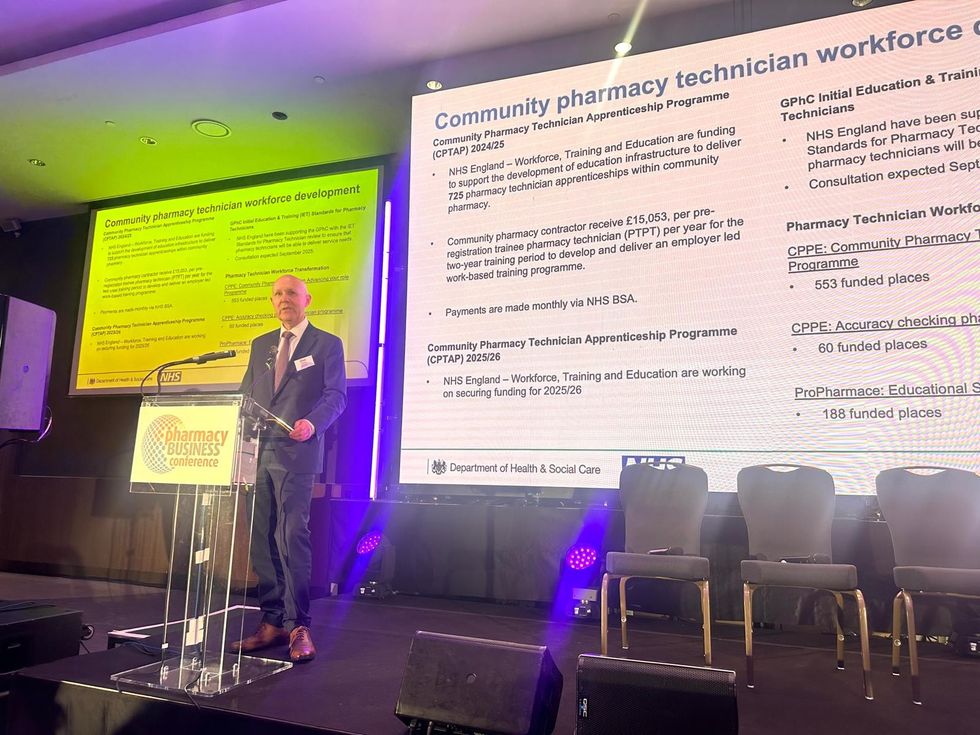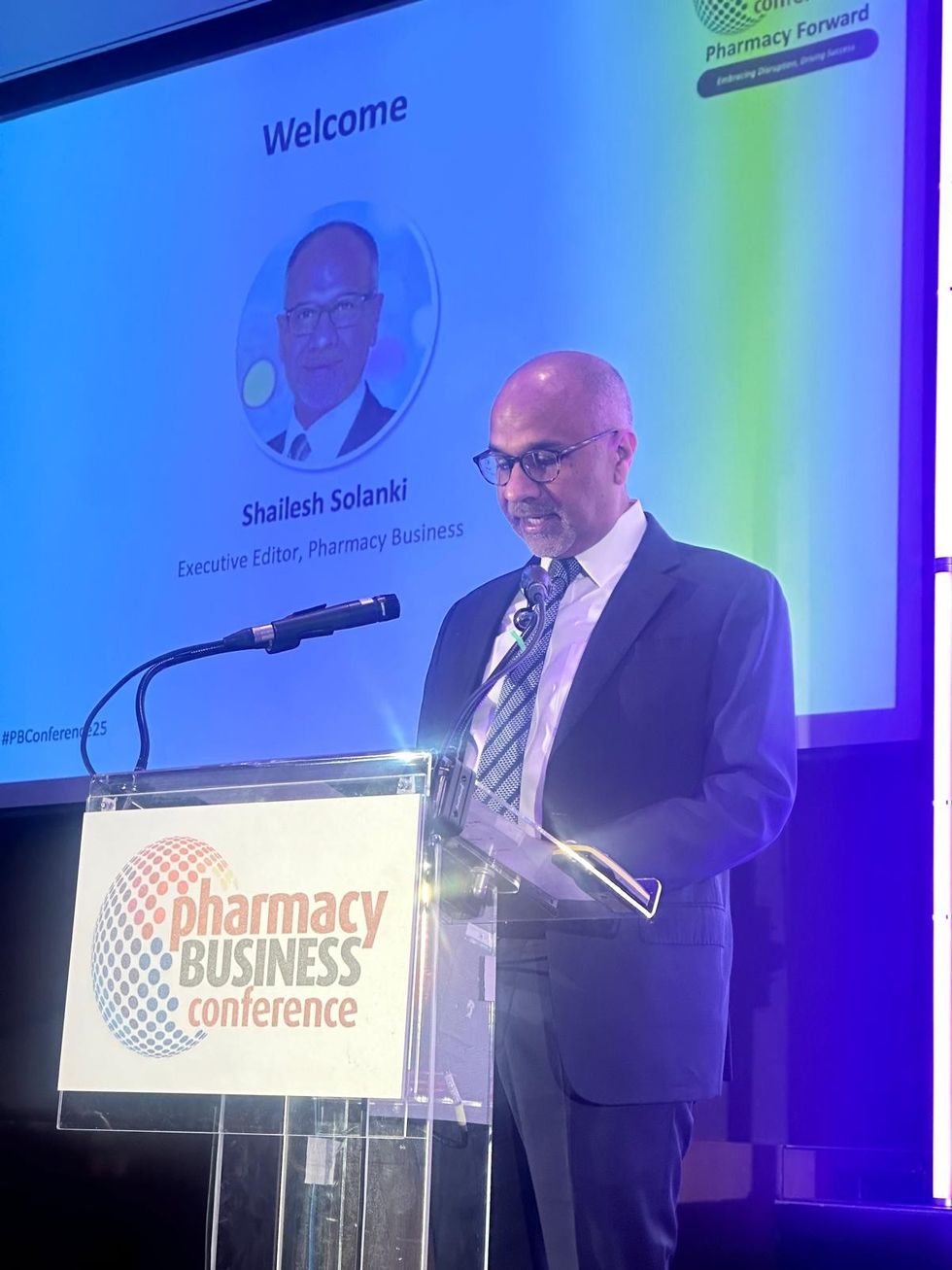One in three people in the UK are suffering from sleeplessness at some point. It is said that humans are the only species that voluntarily forgo sleep and in our modern world, there are a number of sleep thieves.
Since the mid-1980s, television started broadcasting 24 hours a day. In the late 1990s, supermarkets started staying open later, and now we find ourselves in an electronic world where information never turns off.
Round-the-clock shopping, nightlife, travel, entertainment, our mobile phones and other technological gadgets, along with the internet mean that everything is available to us all the time.
Time has become irrelevant as there are no set hours for anything. In turn, people feel guilty if they switch off and don’t make the most of what is on offer. This leaves precious little time for sleep.
Sleep is a fundamental biological need, not an inconvenience. For many, sleep is being de-prioritised.
Poor sleep has been found to result in many negative effects that have a consequence to the way we live and perform each day. This includes: impaired hand-eye coordination, slower response time, reduced alertness, increased error rates, reduced logical reasoning, shortterm memory problems, reduced concentration, frustration and irritability, impaired decisionmaking, and injuries and accidents.
While these are quite specific effects, a person may present as feeling ‘tired’, ‘sleepy’ or ‘run down’. They may complain of a desire or need to nap during the day or report feeling mentally ‘slow’ and irritable.
Busy lifestyles, working longer hours, shift work, increased workload, long commutes and stress inherent in many jobs will have a negative effect on sleep. This is because we are unable to clearly separate work and home life. For many, there is no ‘off’ button, and they feel the need to constantly be available.
Worry and stress can increase the levels of cortisol and adrenaline that promote wakefulness, and therefore make sleep more elusive. Blue light from screens and bright lights before bed can suppress the release of melatonin, the body’s signal that it is time to go to sleep. This results in humans finding it more difficult to fall asleep, having disturbed sleep and feeling sleepier the next day.
We need to actively disengage from sleep disruptors. Turn off your phone, computer, or tablet, preferably for a couple of hours before bed. The bedroom should be a sanctuary for sleep; not your office, games room, cinema or gym. Set aside a time where you put the affairs of the day to one side and prepare for sleep. Having a pen and paper beside your bed means that you can capture any thoughts that might pop into your head. The two things you really need for good sleep are a quiet mind and a relaxed body.
Self-care tips
Pharmacists can support customers with self-care tips to help prevent sleep problems by recommending a good bedtime routine and addressing unhealthy sleeping habits; for example, adopting a regular bedtime and waking time, having a milky drink, changing bedding/sheets regularly and creating an uncluttered, temperature-regulated sleeping environment.
For those who continue to suffer from sleep disturbance and deprivation after making such lifestyle changes, recommend sleep aid products to customers who have been affected by temporary (not chronic) sleep issues.
Herbal remedies are available and contain ingredients which have shown to improve impressions of sleep quality in people with insomnia. Some need to be taken on a daily basis for a few weeks to have the optimal effect.
Sleep aids
Over-the-counter sleep aids, such as antihistamine-based treatments, are suitable for those dealing with short-term sleep problems. Sedating antihistamines such as diphenhydramine and promethazine block the actions of histamine, the chemical that stimulates arousal-promoting areas of the brain and causes a feeling of drowsiness. These are available in different strengths and can be effective within hours.
You can also assess if customers will benefit from anti-snoring aids such as throat sprays, acupressure rings, nasal strips or plasters and mouth guards if snoring is affecting their sleep quality. Make sure any pain-relieving medication is taken as prescribed. Using products that address the problems caused by light or noise can also help.
There are no hard and fast rules about the amount of sleep each of us needs. It’s more about getting the right amount for the individual that allows them to feel awake and refreshed the next day.
This article also appears in the March issue of Pharmacy Business.














 Health Secretary Wes Streeting addresses Pharmacy Conference via video
Health Secretary Wes Streeting addresses Pharmacy Conference via video  David Webb, chief pharmaceutical officer of NHS England
David Webb, chief pharmaceutical officer of NHS England Shailesh Solanki, executive editor of Pharmacy Business
Shailesh Solanki, executive editor of Pharmacy Business L-R: Yasmin Karsan, Pritee Panchmatia and Fin McCaul
L-R: Yasmin Karsan, Pritee Panchmatia and Fin McCaul  L-R: Baba Akomolafe, Rachna Chhatralia, Patricia Tigenoah-Ojo and Raj Matharu
L-R: Baba Akomolafe, Rachna Chhatralia, Patricia Tigenoah-Ojo and Raj Matharu L- R: Nicola Stockmann, Robert Townsend, Atul Patel and Amerjit Singh
L- R: Nicola Stockmann, Robert Townsend, Atul Patel and Amerjit Singh Wole Ososami, lead pharmacist at Westbury Chemist
Wole Ososami, lead pharmacist at Westbury Chemist

